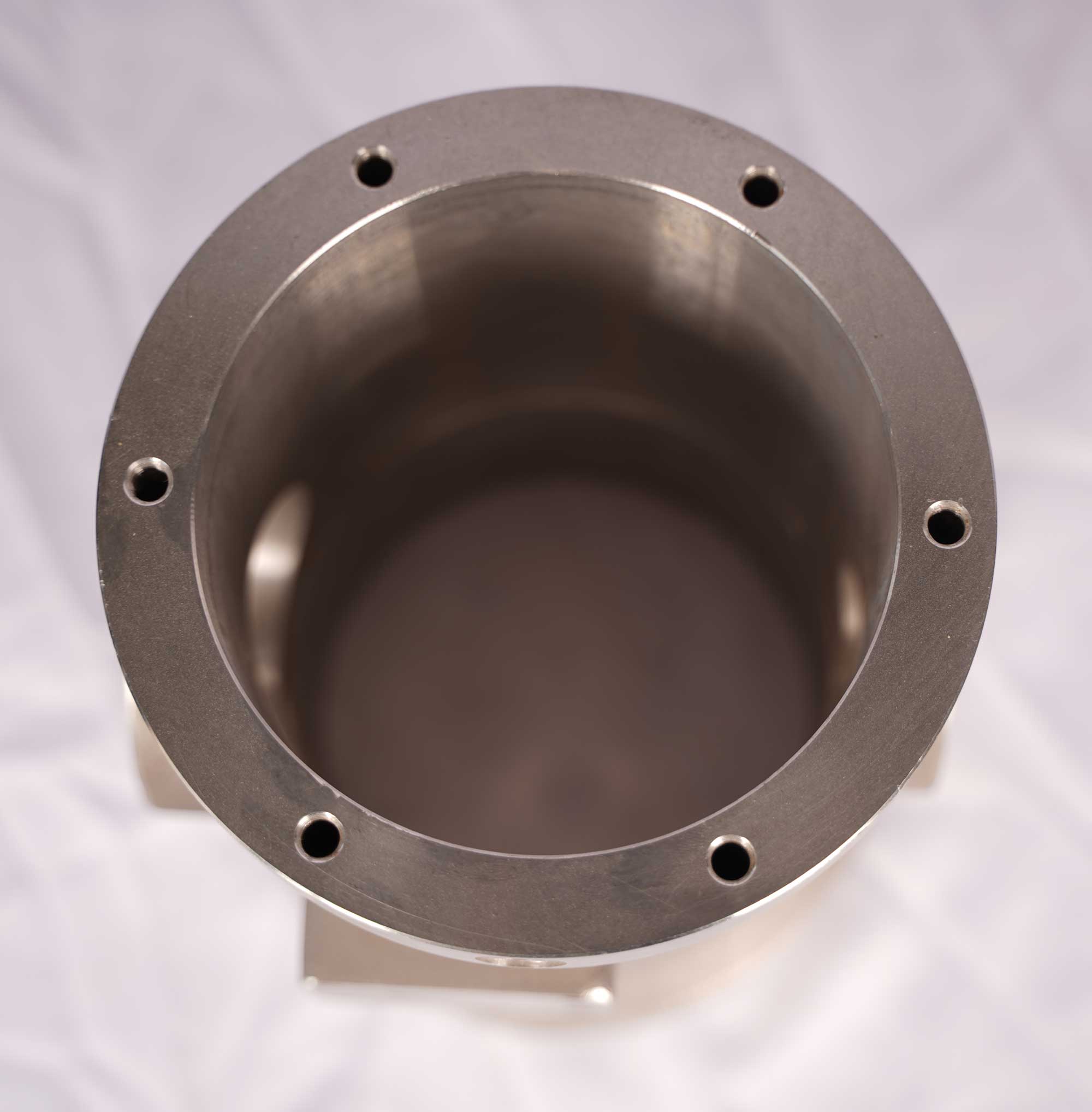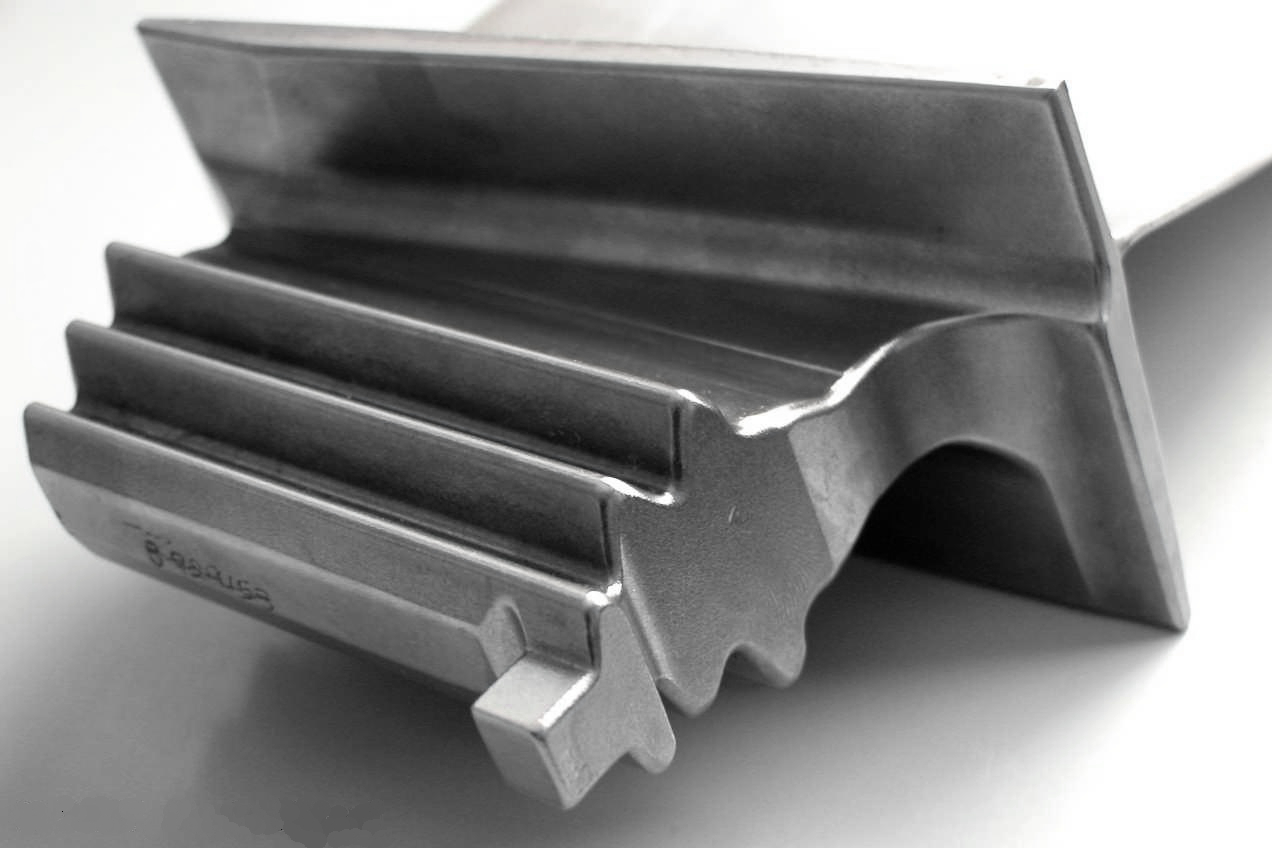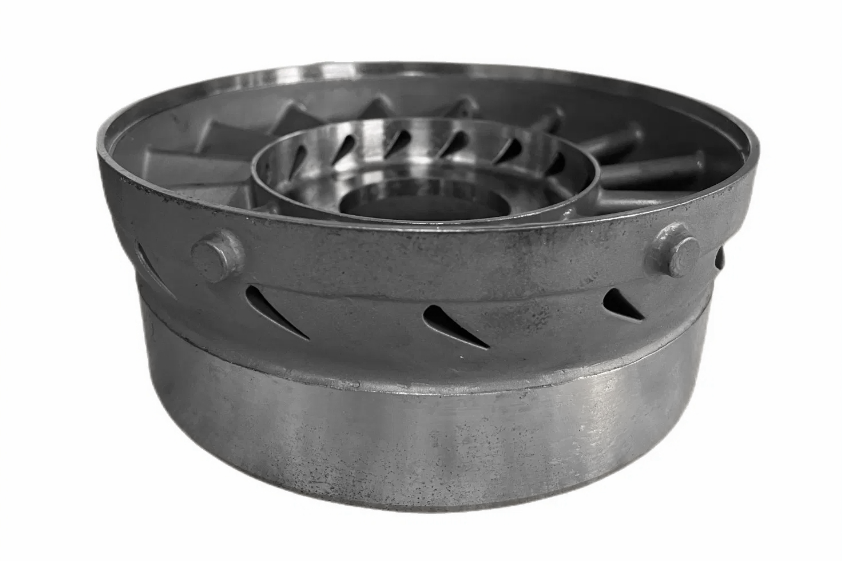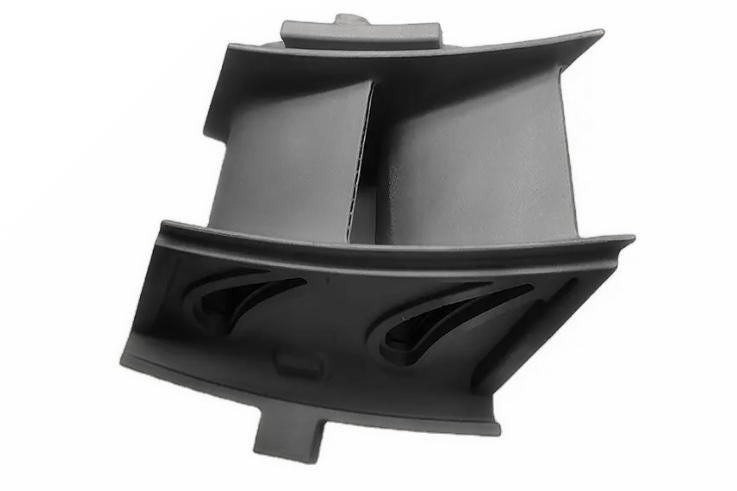Nimonic 81
About Nimonic 81 Superalloy
Name and Equivalent Name
Nimonic 81, also known as Nickel-Chromium Alloy 81, is designated by UNS N07081. Equivalent standards include DIN/EN 2.4953 and AMS 5712. This superalloy is designed for high-temperature environments, providing excellent thermal fatigue resistance.
Nimonic 81 Basic Introduction
Nimonic 81 is a nickel-chromium superalloy with superior thermal stability, making it ideal for use in extreme conditions, such as jet engines, turbines, and exhaust systems. It offers excellent creep resistance and mechanical strength over long periods at high temperatures.
The alloy’s ability to withstand cyclic thermal stresses makes it ideal for aerospace and energy systems, ensuring consistent performance under fluctuating temperatures. Its high oxidation resistance ensures durability in harsh chemical and environmental conditions.

Alternative Superalloys of Nimonic 81
Alternative materials to Nimonic 81 include Nimonic 80A and Inconel 718, which provide comparable high-temperature strength. Hastelloy X offers superior oxidation resistance for extreme environments, while Nimonic 75 is another viable option for applications requiring moderate strength and thermal stability.
Rene 41 is a suitable alternative for higher creep resistance, while Incoloy 800 is preferred for chemical environments where corrosion resistance is critical. Material selection should align with the specific environmental and operational demands.
Nimonic 81 Design Intention
Nimonic 81 is engineered to deliver high mechanical strength, creep resistance, and thermal stability under extreme temperatures. It is optimized for applications where components are subjected to long-term high-temperature exposure, such as in turbines and jet engines.
The alloy’s high nickel and chromium content ensures resistance to oxidation and corrosion, while aluminum and titanium enhance mechanical strength through precipitation hardening. Nimonic 81 is ideal for components requiring long service life with minimal maintenance.
Nimonic 81 Chemical Composition
The chemical composition of Nimonic 81 provides a balance of strength, oxidation resistance, and thermal stability. The alloy's nickel and chromium content ensures structural integrity under high temperatures, while aluminum and titanium promote strength.
Element | Composition (%) |
|---|---|
Nickel (Ni) | 70.0 – 76.0 |
Chromium (Cr) | 18.0 – 21.0 |
Titanium (Ti) | 1.8 – 2.7 |
Aluminum (Al) | 1.0 – 1.8 |
Iron (Fe) | 3.0 max |
Others | Trace elements |
Nimonic 81 Physical Properties
Nimonic 81’s physical properties ensure its reliability in high-temperature environments. Its density and thermal conductivity are optimized to maintain structural stability.
Property | Value |
|---|---|
Density | 8.33 g/cm³ |
Melting Point | 1320°C |
Thermal Conductivity | 11 W/(m·K) |
Modulus of Elasticity | 207 GPa |
Metallographic Structure of Nimonic 81 Superalloy
Nimonic 81 exhibits a face-centered cubic (FCC) crystal structure, typical of nickel-based superalloys, providing excellent mechanical stability and resistance to creep deformation. Adding aluminum and titanium forms precipitates that enhance strength through precipitation hardening.
The alloy’s microstructure remains stable under prolonged high temperatures, preventing grain growth and phase transformations. This consistency ensures that components made from Nimonic 81 maintain their mechanical integrity and resist deformation under stress.
Nimonic 81 Mechanical Properties
Nimonic 81 provides high tensile and yield strength, making it ideal for cyclic thermal applications. Its excellent creep resistance ensures long-term performance under continuous stress at elevated temperatures.
Property | Value |
|---|---|
Tensile Strength | ~900 MPa |
Yield Strength | ~700 MPa |
Hardness | ~Rockwell C35-40 |
Elongation | 15-20% |
Elastic Modulus | ~210 GPa |
Creep Strength | High at elevated temperatures |
Creep Rupture Life | Long-term at 800°C |
Fatigue Strength | ~400 MPa |
Key Features of Nimonic 81 Superalloy
High-Temperature Strength Nimonic 81 maintains mechanical integrity at temperatures up to 800°C, making it ideal for turbine blades, jet engines, and exhaust systems that operate under continuous heat stress.
Creep Resistance With excellent creep resistance, Nimonic 81 ensures minimal deformation under prolonged stress, providing reliability and longevity for components exposed to high temperatures.
Thermal Fatigue Resistance Nimonic 81 performs exceptionally well in cyclic thermal conditions, making it suitable for components subjected to continuous heating and cooling cycles, such as exhaust systems.
Oxidation and Corrosion Resistance The alloy’s high chromium content protects against oxidation, ensuring durability in harsh environmental and chemical conditions. It is ideal for aerospace, energy, and chemical industries.
Precipitation Hardening for Strength Including aluminum and titanium enables precipitation hardening, increasing the alloy’s strength and making it suitable for high-stress applications like valves and turbine components.
Nimonic 81 Superalloy’s Machinability
Nimonic 81 is well-suited for Vacuum Investment Casting thanks to its excellent high-temperature stability and oxidation resistance, making it ideal for creating intricate turbine components and precision parts.
It is not typically used in Single Crystal Casting, as the alloy lacks the specific metallurgical properties required to form single-crystal structures in advanced turbine applications.
The alloy performs effectively in Equiaxed Crystal Casting, producing components with isotropic mechanical properties suitable for high-temperature aerospace applications.
Nimonic 81 can be used in Superalloy Directional Casting, where aligned grain structures improve mechanical strength and creep resistance in high-stress environments.
The alloy is not recommended for Powder Metallurgy Turbine Disc, as it is optimized for cast and forged components rather than powder-based consolidation.
Nimonic 81 is highly suitable for Superalloy Precision Forging, delivering excellent mechanical strength for turbine blades, valves, and exhaust systems.
The alloy is not typically used for Superalloy 3D Printing due to its high melting point, which complicates additive manufacturing processes.
Nimonic 81 performs well in CNC Machining, offering good dimensional stability and machinability for high-precision components.
It is compatible with Superalloy Welding, but precise welding techniques are required to prevent cracking due to its high chromium content.
The alloy responds positively to Hot Isostatic Pressing (HIP), enhancing its mechanical properties by reducing porosity and increasing fatigue strength.
Nimonic 81 Superalloy Applications
In Aerospace and Aviation, Nimonic 81 is used for turbine blades, exhaust systems, and jet engines, where high-temperature strength and creep resistance are essential.
For Power Generation, the alloy is employed in gas turbines and heat exchangers, offering reliable performance under thermal stress.
In the Oil and Gas sector, Nimonic 81 is utilized in valves, pipelines, and components exposed to high-pressure, corrosive environments.
The alloy serves Energy systems, ensuring reliable operation in industrial boilers, turbines, and high-temperature storage systems.
In Marine applications, Nimonic 81 provides corrosion resistance and durability for exhaust systems, propellers, and engine components.
Mining operations benefit from the alloy’s mechanical strength and wear resistance, making it suitable for drilling tools and pump housings.
The Automotive industry uses Nimonic 81 in turbochargers and exhaust systems, taking advantage of its heat resistance and durability.
In Chemical Processing, the alloy’s corrosion resistance ensures long service life in reactors and heat exchangers.
For Pharmaceutical and Food applications, Nimonic 81 offers non-reactive properties, making it suitable for valves, pumps, and high-temperature components.
In Military and Defense, the alloy is used in jet engines and missile systems, where high-temperature performance is critical.
Nuclear reactors and related components benefit from Nimonic 81’s thermal stability and corrosion resistance under radiation exposure.
When to Choose Nimonic 81 Superalloy
Nimonic 81 is the right choice for custom superalloy parts where high-temperature strength, creep resistance, and oxidation resistance are essential. It is ideal for aerospace and energy applications, ensuring reliable performance under thermal stress.
When designing components for jet engines, gas turbines, or exhaust systems exposed to fluctuating temperatures, Nimonic 81 offers the necessary stability and fatigue resistance. It also performs well in harsh environments, making it suitable for chemical, nuclear, and marine applications.
If you require high-performance materials for mission-critical operations, custom superalloy parts from Nimonic 81 provide long service life with minimal maintenance. Explore our custom superalloy parts service to find the best solution for your industry needs.



